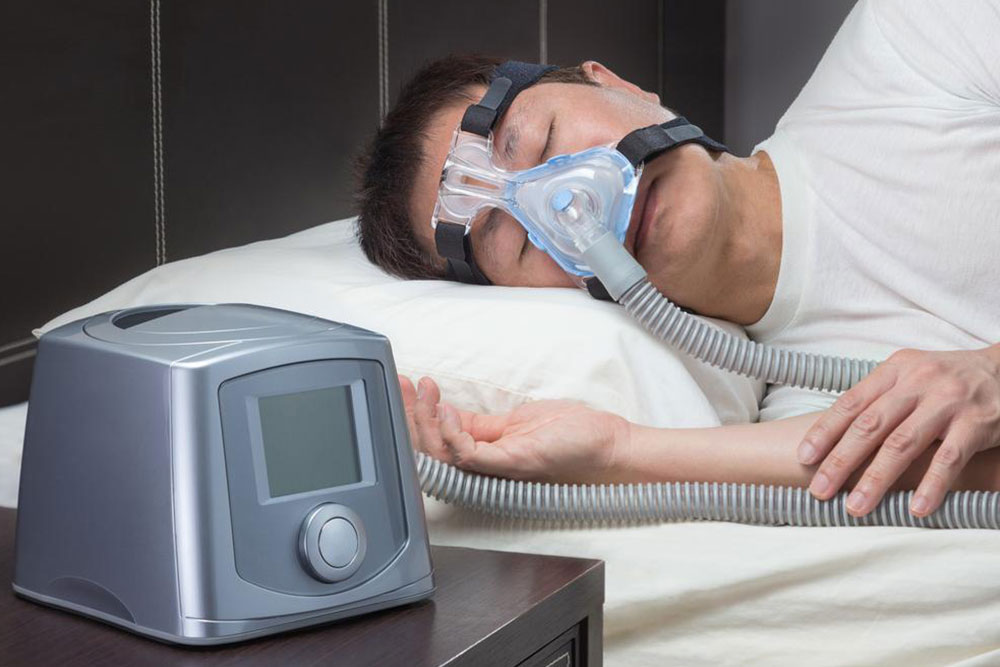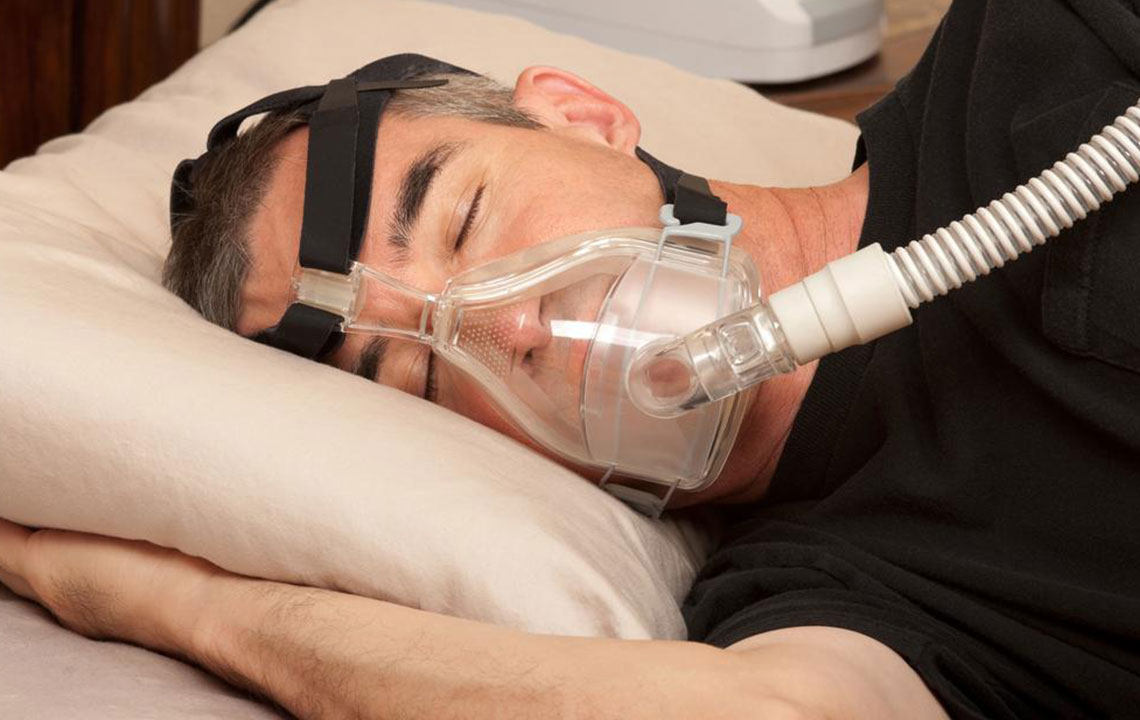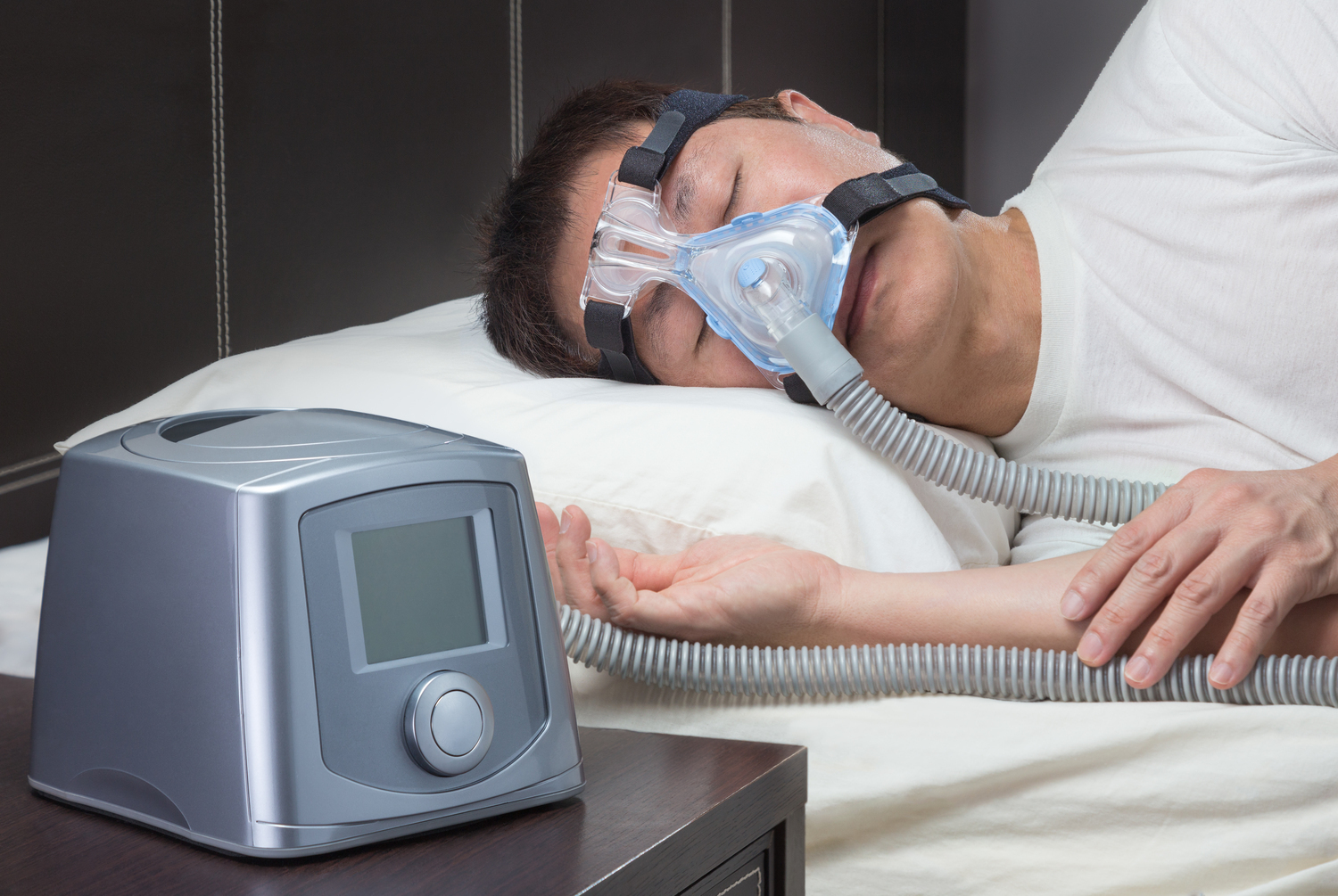Comprehensive Guide to Sleep Apnea: Recognizing Symptoms and Exploring Natural Remedies
Sleep apnea affects millions, causing breathing interruptions during sleep and leading to serious health risks if untreated. Recognizing symptoms like snoring, choking, and fatigue is essential. Natural remedies such as weight management, avoiding alcohol and smoking, elevating the head during sleep, and incorporating essential oils can be effective. Lifestyle changes and proper sleep hygiene play vital roles in alleviating symptoms. Early diagnosis and combining natural solutions with medical treatments lead to better sleep quality and improved overall health. Staying proactive ensures restful nights and a healthier life.

Comprehensive Guide to Sleep Apnea: Recognizing Symptoms and Exploring Natural Remedies
Sleep apnea is a common yet often misunderstood sleep disorder that affects millions worldwide. It is characterized by repeated pauses in breathing during sleep, leading to fragmented rest and decreased oxygen levels. This condition not only hampers sleep quality but can also cause a cascade of health complications if left untreated. Understanding the intricacies of sleep apnea, recognizing its symptoms, and exploring effective natural remedies are crucial steps toward improving sleep health and overall well-being.
Sleep apnea primarily occurs due to the relaxation of throat muscles, which can cause airway obstructions. In some cases, anatomical factors such as enlarged tonsils, a thick neck, or a narrow airway contribute to its development. Two main types exist: obstructive sleep apnea (OSA), which results from physical blockage of the airway, and central sleep apnea (CSA), where the brain fails to send proper signals to muscles controlling breathing. Obstructive sleep apnea is by far the most common form and is the focus of most natural treatment strategies.
People with sleep apnea often experience loud snoring, episodes of choking or gasping during sleep, daytime fatigue, morning headaches, difficulty concentrating, and irritability. These symptoms often go unnoticed or are dismissed as typical snoring, leading many to remain undiagnosed for years. Recognizing these signs early is vital because untreated sleep apnea can lead to serious health issues such as hypertension, heart disease, stroke, type 2 diabetes, and even cognitive impairments like memory loss and decreased alertness.
Diagnosing sleep apnea typically involves a sleep study, known as a polysomnography, conducted in a sleep lab or at home with portable monitoring devices. Once diagnosed, treatment options range from medical devices like continuous positive airway pressure (CPAP) machines to surgical interventions. In recent years, there has been growing interest in natural approaches to manage and alleviate symptoms, especially for individuals with mild to moderate cases or those seeking complementary methods alongside conventional treatments.
Natural solutions focus on lifestyle modifications that address underlying causes and contribute to better airway health. Weight management plays a pivotal role since excess weight, particularly around the neck, can increase airway pressure and promote obstruction during sleep. Maintaining a healthy weight through proper diet and regular exercise can significantly reduce the severity of sleep apnea.
Avoiding irritants like alcohol and smoking is equally important. Alcohol relaxes throat muscles and can worsen airway collapse, while smoking inflames airway tissues, obstructing airflow. Eliminating these can lead to noticeable improvements in sleep quality. Furthermore, treating nasal congestion through saline sprays, nasal strips, or treatments for allergies can help improve airflow and reduce snoring.
Additional natural remedies include elevating the head of the bed or sleeping on one's side to prevent the tongue and soft tissues from collapsing into the airway. Using humidifiers in the bedroom adds moisture to the air, soothing irritated tissues and reducing coughing or choking episodes. Essential oils, such as eucalyptus or peppermint, can be used aromatically or topically to promote breathing comfort. Engaging in throat and tongue exercises can also strengthen muscles and decrease airway collapsibility.
Stress management techniques like yoga, meditation, and deep breathing exercises may help reduce stress-related sleep disturbances and improve overall sleep quality. Maintaining regular sleep schedules and practicing good sleep hygiene are foundational steps in managing sleep disorders. Consistent sleep routines help regulate the body's internal clock, fostering deeper and more restorative sleep cycles.
While natural remedies can be effective, they are most beneficial when used in conjunction with medical advice. Consulting healthcare professionals for a thorough assessment ensures that underlying health issues are addressed and that appropriate treatment plans are tailored to individual needs. Early intervention and proactive lifestyle changes can make a significant difference in managing sleep apnea, reducing health risks, and enhancing quality of life.
In sum, understanding sleep apnea, recognizing its symptoms early, and adopting natural remedies can dramatically improve sleep health. Emphasizing weight management, avoiding triggers, optimizing sleep environments, and incorporating natural therapies lay the groundwork for better breathing and restful sleep. Staying informed and proactive can empower individuals to take control of their sleep health and enjoy the benefits of restorative rest every night.





